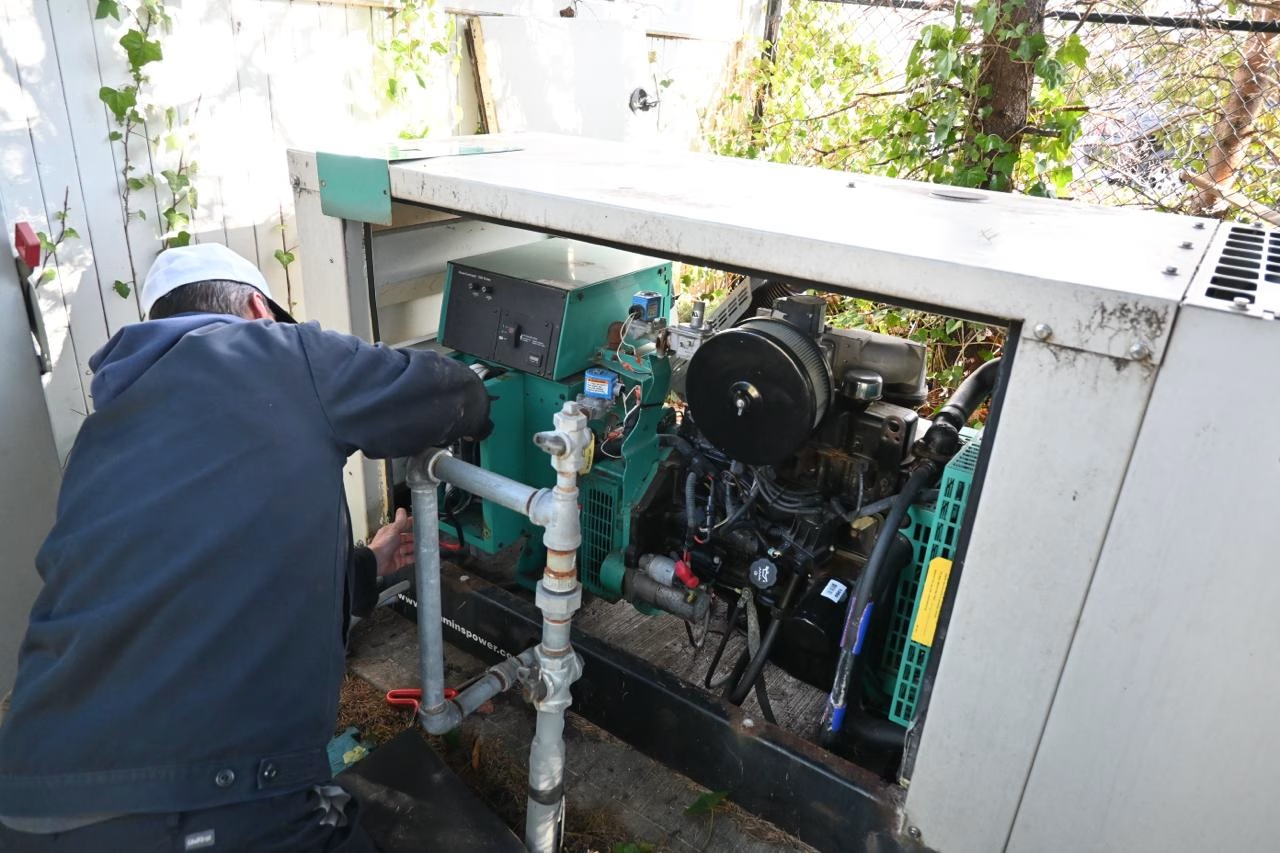
When the power goes out, having a reliable backup generator can make all the difference. A generator ensures your home remains powered, safe, and comfortable, even if there are severe storms, grid failures, or unexpected outages. But should you invest in a whole home generator or a partial home generator? Understanding the key differences between these options can help you make an informed decision.
What Is a Whole Home Generator?
A whole home generator is designed to power your entire house during an outage. These standby generators automatically activate when power is lost and provide seamless electricity for all your appliances, HVAC systems, lights, and essential devices. Whole home generators are permanently installed outside your home and are typically powered by natural gas, propane, or diesel.
Benefits of Whole Home Generators
- Complete Power Coverage: Keeps every appliance, light, and device operational.
- Automatic Activation: Kicks in instantly when the power goes out.
- Convenience & Comfort: Ensures HVAC systems, refrigerators, medical devices, and home security remain functional.
- Increases Home Value: Adds long-term investment value to potential buyers.
Considerations for Whole Home Generators
- Higher Initial Cost: Requires a larger upfront investment, including professional installation.
- Space Requirements: Needs adequate space for installation.
- Fuel Source Dependency: Must be connected to a natural gas line or have a fuel storage system.
What Is a Partial Home Generator?
A partial home generator, also known as a standby generator with load management, provides power to only essential circuits or specific areas of the home. This option is more cost-effective than a whole home generator while still ensuring critical appliances like the refrigerator, heating, and lighting remain operational during an outage.
Benefits of Partial Home Generators
- Lower Initial Cost: More affordable purchase and installation compared to whole home generators.
- Efficient Power Usage: Focuses energy on essential systems rather than the entire house.
- Smaller Footprint: Requires less space and fuel compared to full-home units.
- Faster Installation: Quicker to set up.
Considerations for Partial Home Generators
- Limited Power Supply: Can’t support all appliances simultaneously.
- Prioritization Needed: Homeowners have to decide which circuits or appliances are most essential.
- Requires Manual Transfer Switch: Some models require manual intervention to switch power sources.
Choosing the right generator requires careful consideration of several factors, including budget, power needs, frequency of outages, property size, and fuel availability. At Commander Power Systems, we specialize in helping homeowners get the perfect whole-home backup power solutions that meet their unique needs. Our expert team will guide you through the process, ensuring you get the right size and type of generator for your property. We also offer professional installation and ongoing maintenance services, so your generator will be ready to perform when you need it most. Contact us today to discuss your backup power needs and make sure you’re prepared for any power outage.
